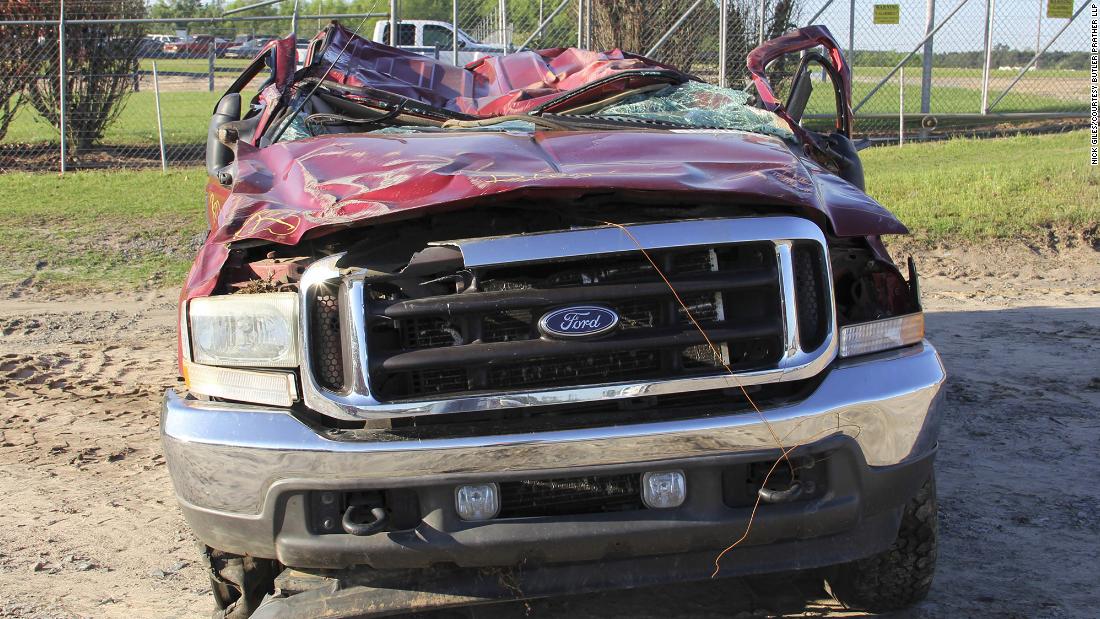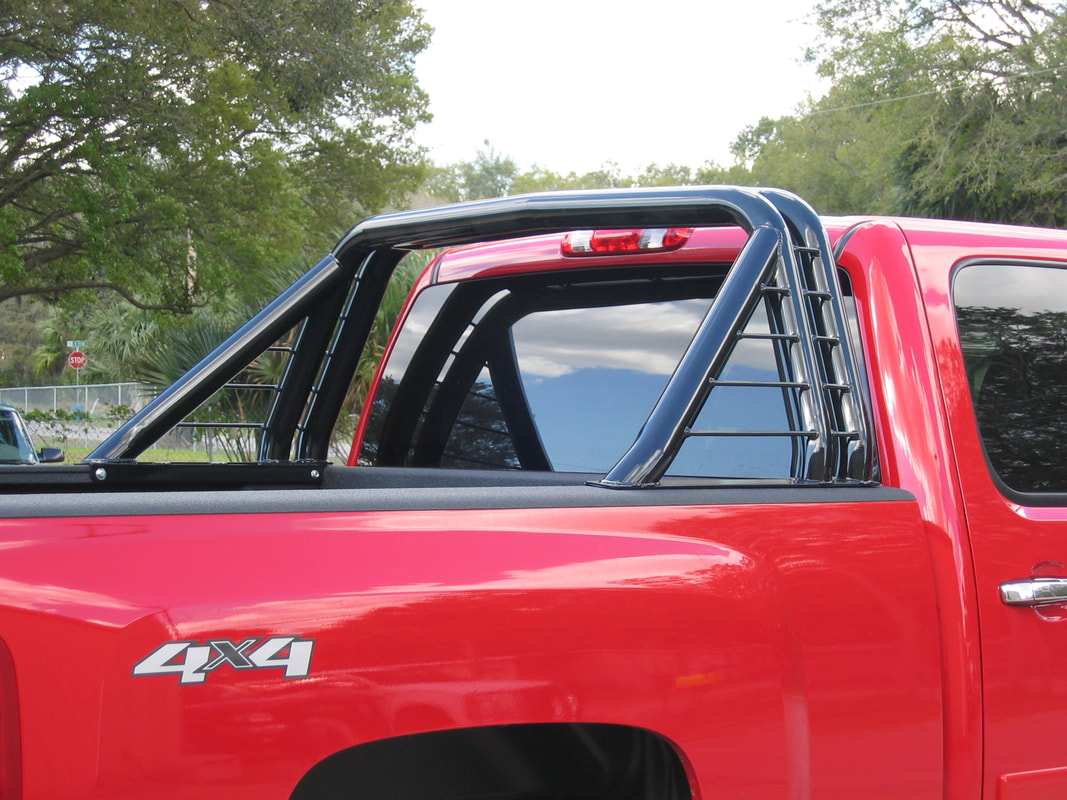I see both sides of this and in my summary, it's just the reality of life's choices from all sides. Be forewarned; Prepare for my rant.
Yes- loss of life is terrible; we'd all agree on that.
I only took one economics class in college, but it was drilled into my head that EVERYTHING has a "cost".
- costs of capitol
- costs of inventory
- costs of production
- costs of engineering
- costs of marketing
- costs of overhead
- costs of labor
but there are also other types of costs, such as the "cost of lost opportunity", "cost of unintended consequences", "cost of market rejection"
etc ....
The irony is not lost on me that I bet, to the person, that jury which awarded the HUGE punitive fine (most of which goes to the State of GA; 70% right off the top), is also loaded people who would complain about:
- the cost of buying a new truck
- the cost of gas
- the cost of insurance
- the cost of maintaining high-tech equipment
If you want a "safer" truck, you end up with mandatory things like anti-lock brakes, sway/stability control, cameras, blind spot sensors, lane-keep assist systems, etc .... they all add to the overall cost of a vehicle. Now you want a truck to be essentially "roll-over proof"? ... that's added costs in engineering, materials, etc. It also adds weight to the vehicle, which makes it get less fuel economy ... Ford didnt' cheat the system; at the time there was no roll-over standard for these trucks in that GVWR class. It's not like Ford pulled a VW or FCA move and flat lied and falsified during testing procedures. Ford had an adequate design that wasn't bullet-proof, but satisfied MILLIONS of buyers at the time. Ford certainly could have made the cab roof stronger, but the costs involved (of which there are many) outweighed the cost of the upgrade at the time. It's not like you just decide on Friday to make the cab stronger, and on Monday it goes into production ... There are engineering choices, material lead times, new stamping dies to buy; it can take a year or two to make structural changes. Ford was selling these things like hot-cakes and downtime wasn't well tolerated, because the market was screaming for these at high production volumes.
This reminds me of an event in AZ where a Phoenix officer was killed because his cruiser was hit from behind at 70mph (ish) by a drunk driver, and the CVPI burst into flames. As I recall, that family and department ended up suing Ford because the car was "only" tested for a 35mph collision from the rear (which was the federal safety standard at the time). So some folks thought that Ford could have done more, so they sued. And Ford did respond; they made CVPIs with much beefier fuel tank containment systems; that cost $$$. Then police departments complained about delays in delivery and costs added to the goverment orders.
Vehicles generally improve safety every single year. But there is always a "next level" which has to be weighed against what the market is ultimately willing to pay for. I assure you with absolute certainty that every OEM vehicle maker out there is making some kind of compromise about some safety consideration. That does not mean the vehicles are unsafe; it only means they are not 100% as safe as they "could" be, because other considerations of cost (in all it's forms) is competing against the improvement. If you design an element to sustain X tons of crush force, there's some moron in the market who is going to sue because you didn't design it for X+1 pounds of crush force. Design your roof for a rollover at 35mph and 5 tons of force? Karen is going to sue because you didn't make it 40mph and 6 tons. Up your game next year and make it good for 50mph and 8 tons? Karen's neice is going to sue because it wasn't 70mph and 12 tons ... You get the picture.
People are hypocrites. They want cheap, plentiful stuff, until it fails, and then they want to sue for it being cheap and plentiful because it wasn't as robust as it "could have been". You wanna be totally safe? News flash: It's impossible. I'd love to have a stylish car that only weighs 2,000 lbs, gets 57mpg in the city, has a range of 600 miles, seats 9 comfortably, tows 5 tons easily, and has 400 hp. Could such a vehicle be built? Possibly so, right up until you get to that retail price-point consideration ...
I got news for some folks ... NOTHING IS FREE AND EVERYTHING IS A COMPROMISE SOMEWHERE ALONG THE LINE.
The consequence of this lesson is that OEMs will just continue to pass costs along. The cost of making the vehicles "safe" is bolstered by having to pass on the cost of a BILLON DOLLAR punitive judgement. Ford won't absorb that cost; we will. Because if you build a truck as tough as a tank, you get a military-sized price tag to go along with it.
My rant endeth here.



